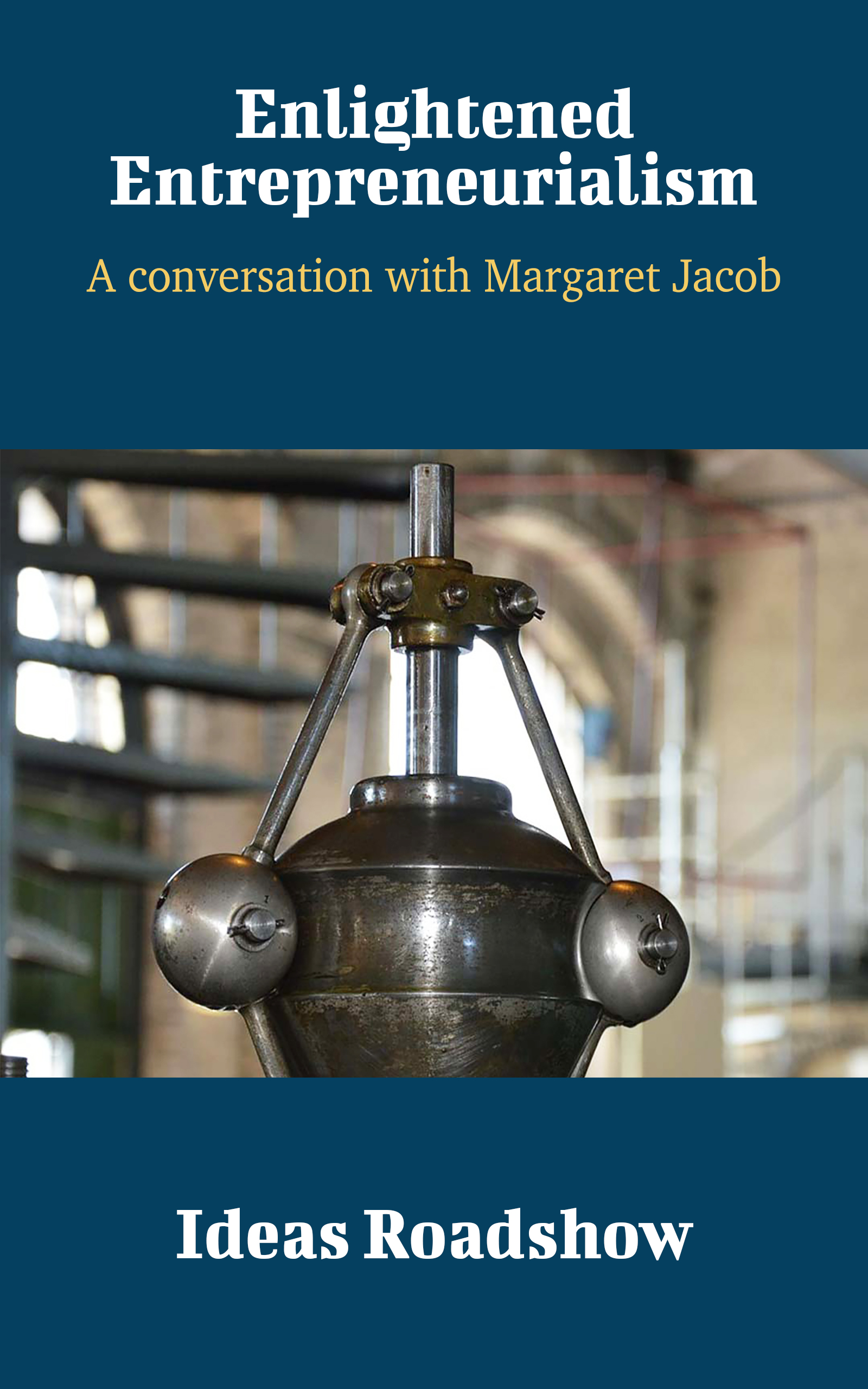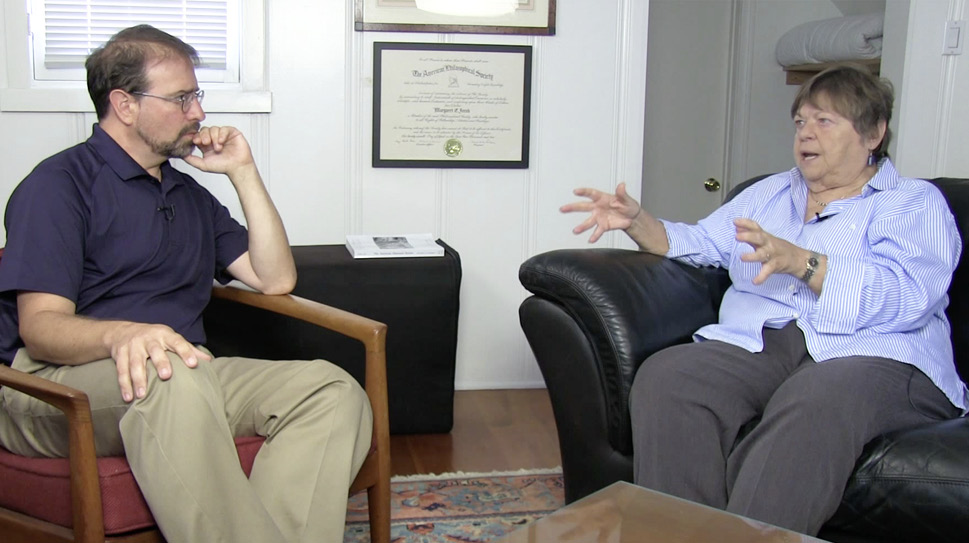Howard Burton - Enlightened Entrepreneurialism: A Conversation with Margaret Jacob
Here you can read online Howard Burton - Enlightened Entrepreneurialism: A Conversation with Margaret Jacob full text of the book (entire story) in english for free. Download pdf and epub, get meaning, cover and reviews about this ebook. year: 2020, publisher: Open Agenda Publishing, genre: Religion. Description of the work, (preface) as well as reviews are available. Best literature library LitArk.com created for fans of good reading and offers a wide selection of genres:
Romance novel
Science fiction
Adventure
Detective
Science
History
Home and family
Prose
Art
Politics
Computer
Non-fiction
Religion
Business
Children
Humor
Choose a favorite category and find really read worthwhile books. Enjoy immersion in the world of imagination, feel the emotions of the characters or learn something new for yourself, make an fascinating discovery.

- Book:Enlightened Entrepreneurialism: A Conversation with Margaret Jacob
- Author:
- Publisher:Open Agenda Publishing
- Genre:
- Year:2020
- Rating:4 / 5
- Favourites:Add to favourites
- Your mark:
Enlightened Entrepreneurialism: A Conversation with Margaret Jacob: summary, description and annotation
We offer to read an annotation, description, summary or preface (depends on what the author of the book "Enlightened Entrepreneurialism: A Conversation with Margaret Jacob" wrote himself). If you haven't found the necessary information about the book — write in the comments, we will try to find it.
This book is based on an in-depth conversation between Howard Burton and Margaret Jacob, Distinguished Professor of History at UCLA. Topics examined during this extensive conversation include Margaret Jacobs motivations to become a historian and her comprehensive analysis of the history of the Industrial Revolution and interpretation of the major economic motivations on the ground, comparing daily life experiences in England, France, Belgium and the Netherlands. A sophisticated understanding of the past naturally involves a composite approach that marries economic motivations with associated cultural factors of educational trends, religious influences and scientific and technological awareness, and more.
This carefully-edited book includes an introduction, Measuring Motivations, and questions for discussion at the end of each chapter:
About Ideas Roadshow Conversations Series (100 books):
Presented in an accessible, conversational format, Ideas Roadshow books not only explore frontline academic research featuring world-leading researchers, including 3 Nobel Laureates, but also reveal the inspirations and personal journeys behind the research. Howard Burton holds a PhD in physics and an MA in philosophy, and was the Founding Director of Canadas Perimeter Institute for Theoretical Physics.
Howard Burton: author's other books
Who wrote Enlightened Entrepreneurialism: A Conversation with Margaret Jacob? Find out the surname, the name of the author of the book and a list of all author's works by series.








